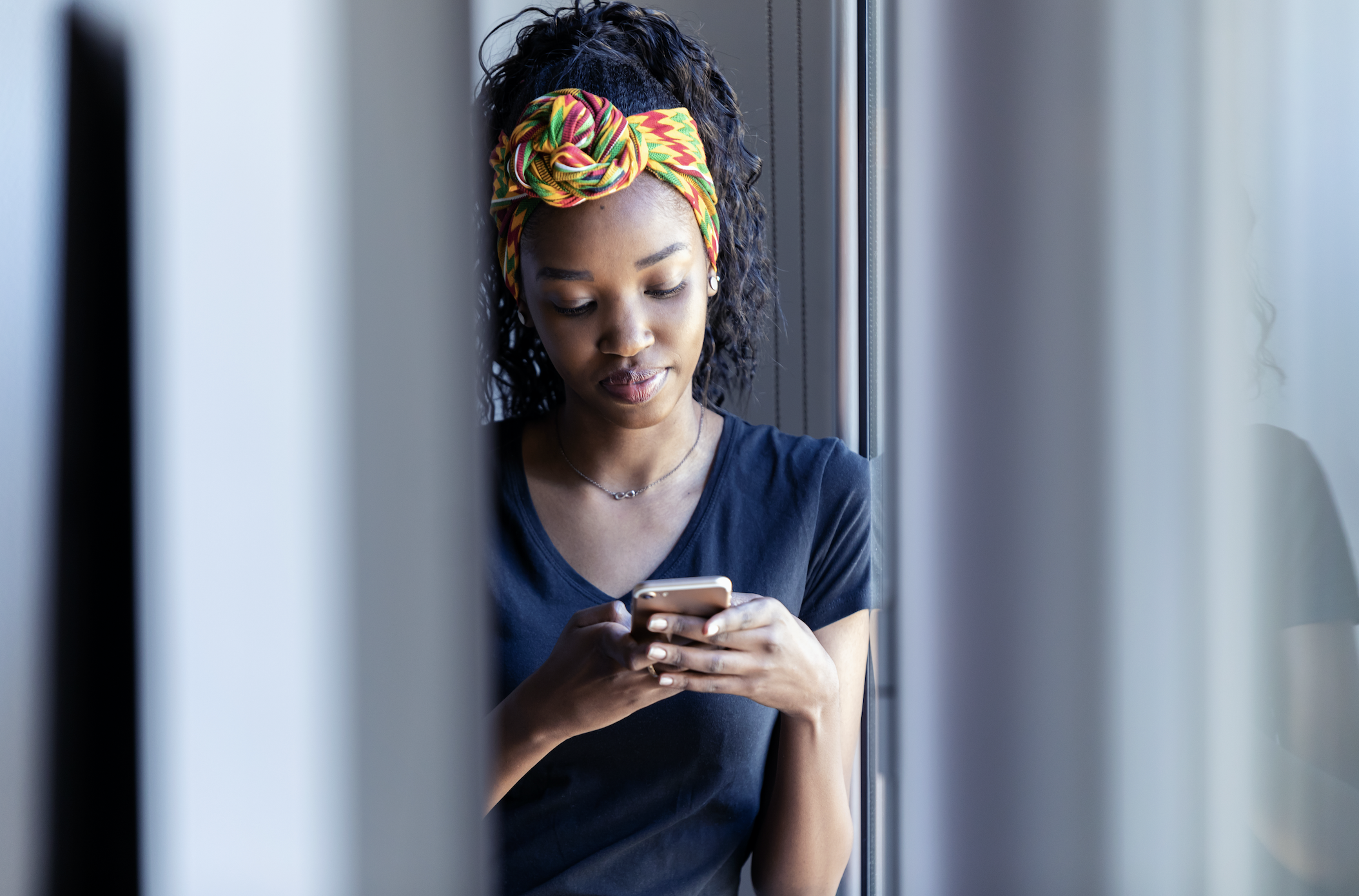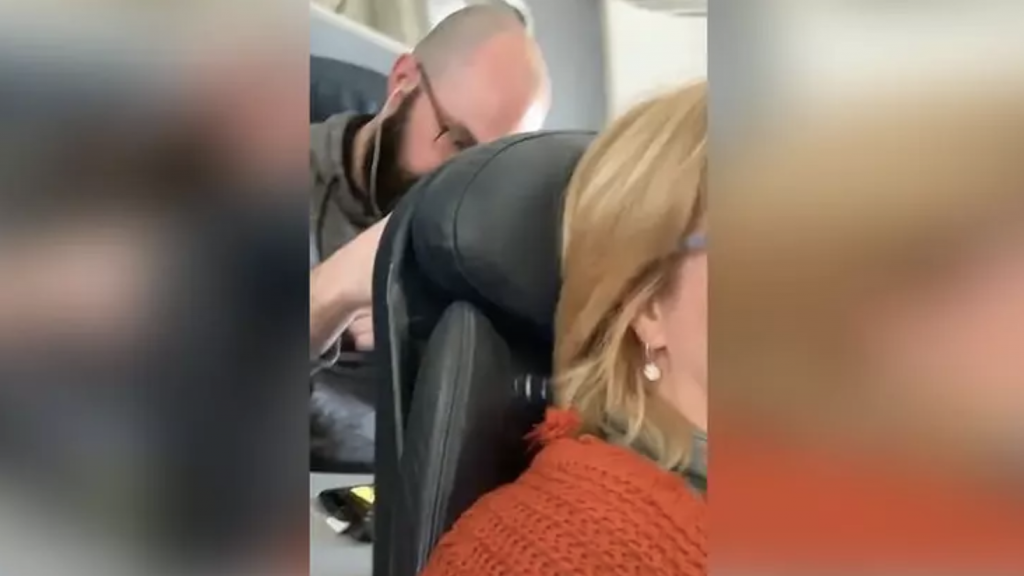
Five Ways to Help Students Cure a Culture of Rudeness
A video sparked an online debate recently. In case, you didn’t see it, Wendi Williams, a passenger on an American Airlines flight from New Orleans to Charlotte, decided to recline her seat to rest after the food was served.
When she did, she got a rude awakening.
The passenger behind her immediately chose to display his displeasure with her decision by punching her seatback repeatedly, over and over to get her to put her seat in the upright position. Wendi was startled at first, then gave the man punching her seat a “look” before asking for help from a flight attendant. None of this stopped him from punching her seat again and again. The debate on social media? Is it OK to recline your seats in the economy class?
I believe there is a much bigger debate.
After watching the video (posted by another passenger across the aisle) I couldn’t believe that this was the recourse a grown man (young but still a man, not a two-year-old) decided was the best reaction to the situation. I fly a hundred times a year, and I find this kind of childish behavior more and more common. And it’s adults. My questions are:
- When did we lose the ability to tolerate a person reclining their seat in front of us?
- When did we decide it was OK to deal with it in an immature fashion like this?
- When did we cease talking directly to an offensive person to resolve an issue?
Our Growing Intolerance and Incivility
When I look at behavior patterns in society, it appears incivility increased sharply as screens became central in our lives. The moment we can interact with people and information via a portable device, we unconsciously realize we don’t have to act like adults. We can react. We can vent. We can exaggerate. And we can hide behind a screen.
What’s most sad to me is that this is the world in which our kids are growing up.
Because we can interface in the “public square” in private, we’ve seen both good and bad results. The story above illustrates the dark side of our public square habits. Because we can behave badly on social media, we seem to carry the incivility into face-to-face contexts.
Social media has, indeed, become our public square. It’s where we host our cultural debates and post our opinions or reactions to what’s just happened. Sadly, we were ambushed by the platform social media gave us. Instead of face to face communication, which is tempered by the very fact that you are face to face with others, we hide behind small screens and vent about issues, yelling at each other with multiple exclamation points.
Futurist Leonard Sweet describes our current reality well: “Any entrance into the public arena is enough to give you high blood pressure and low self-esteem.”
Helping Our Students to Cure a Culture of Rudeness
Generation Z is the first population to grow up with social media. While their brains are still forming, these teens have access to all kinds of posts and information. Sometimes it’s the adults who can’t behave properly. The first reality I try to make them aware of is simply this:
Social media is like a swimming pool. All the noise comes from the shallow end.
With that as a foundation, here are a handful of shifts we must make as we converse with students about the “public arena” of social media:
1. We must replace reaction with reflection.
When you see a post that angers you or causes an emotional reaction, don’t reply. Instead, reflect. What’s behind that post? What is that person experiencing?
2. We must replace hyperbole with honesty and accuracy.
When you do post, refuse to exaggerate or use exclamation points. Just make your statement and let the idea carry the weight. If it’s not weighty enough, don’t post it.
3. We must replace the artificial with the authentic.
Too many posts (usually pics and videos) on social media are filtered; fake, not real. We claim to love authenticity, so be genuine about your ordinary day and unfiltered photo.
4. We must replace a lecture posture with a listening posture.
When I read social media threads, I seldom see real listening. We all want to lecture on our point of view. What if we listened and asked questions? We may just become civil.
5. We must replace the crude with the civil.
Civility is what civilization is about. We are a diverse community that must learn to get along, starting with our words, or we’ll stay severed in factions. Listen, learn and love.
If civility is a needed topic in your school or home or student group, I encouraged you to check out: Habitudes for Social and Emotional Learning HERE.







